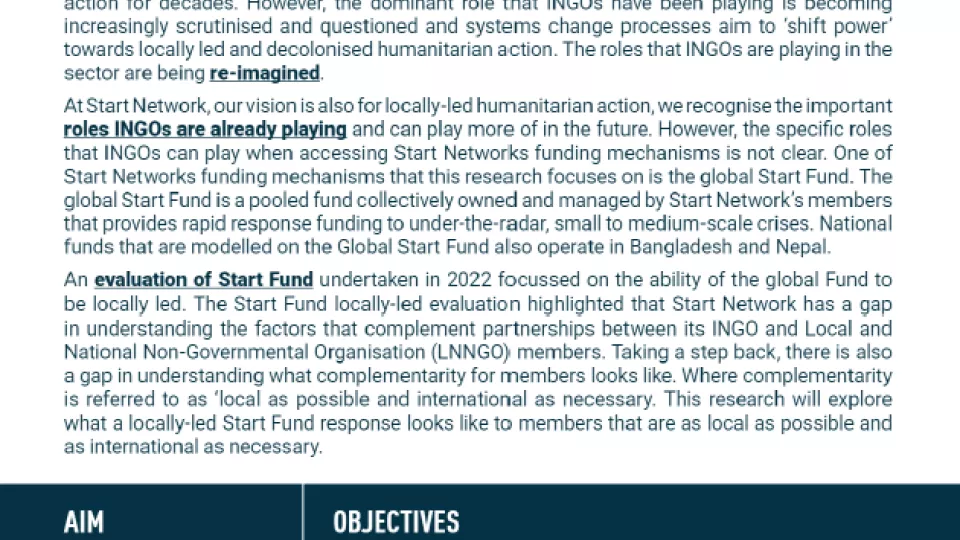
Exploring the three Cs: Complementarity, Collaboration and Consortia in Start Fund interventions
In 2022, an evaluation of the Start Fund explored ways the flagship programme could become more locally led.

In 2022, an evaluation of the Start Fund explored ways the flagship programme could become more locally led.
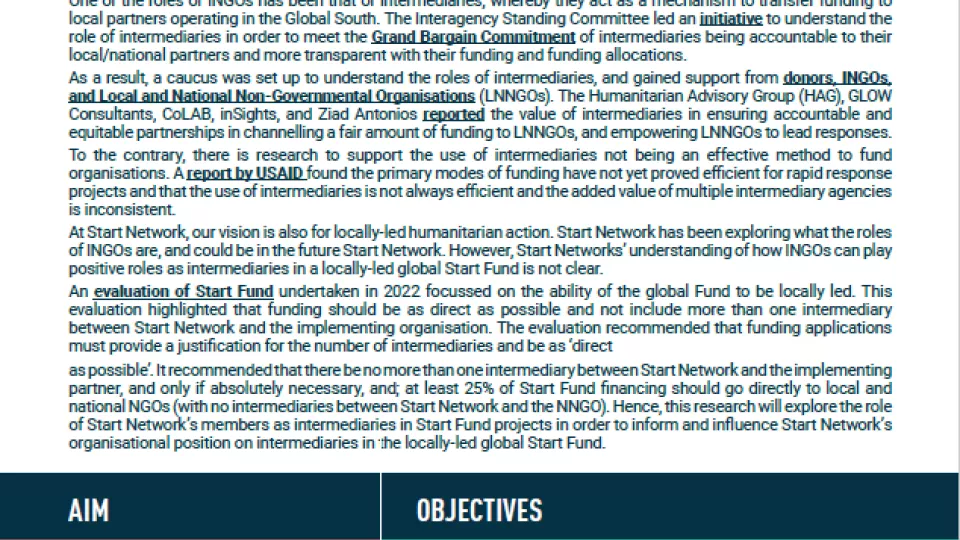
In 2022, an evaluation of the Start Fund explored ways the flagship programme could become more locally led. Two recommendations were made to Start Network, which required a deeper understanding of the role that members have as intermediaries and in complementary consortiums.
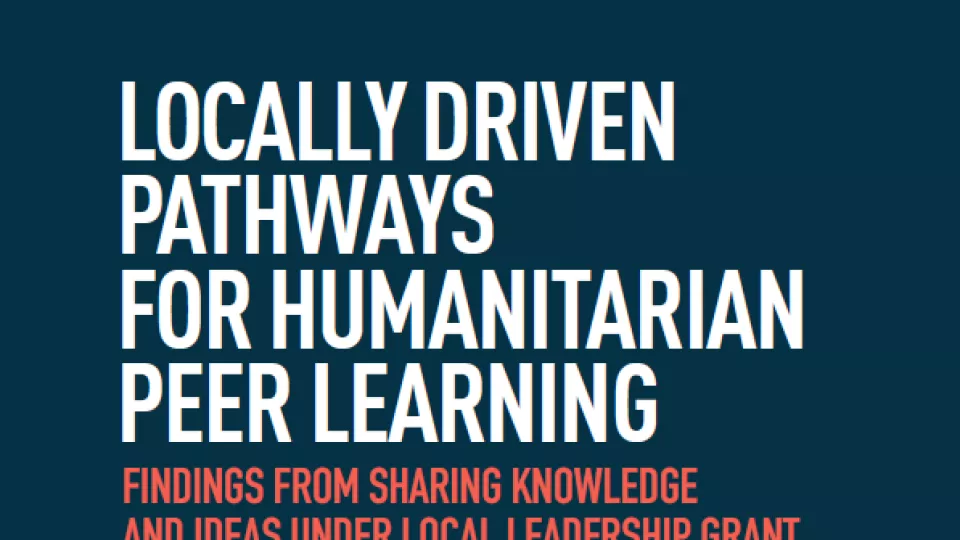
The Sharing Knowledge and Ideas under Local Leadership (SKILL) Grant was developed in 2021 so that Start Network’s local members could lead collaborative research projects and learn through partnerships. From January 2022, with grants of up to £15,000 GBP, eight local or national NGO organisations worked with a variety of partners to research humanitarian issues that they chose. Through this report, we document their experiences, impact and learning.
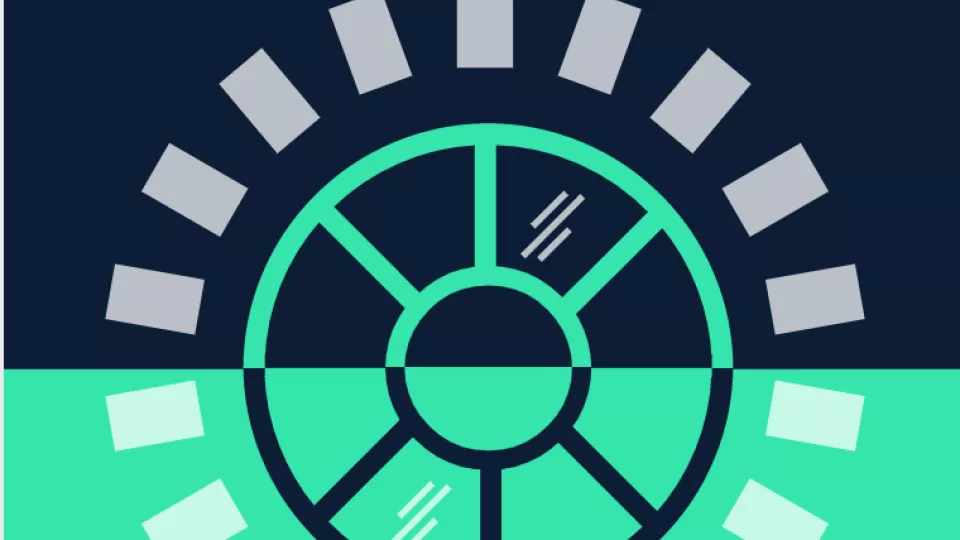
This article outlines the method that was used to collect, code and visualise sentinel site data from the ARC Replica drought pay-out in Senegal. It is intended for practitioners and decision makers who are looking to: 1) bring in community member voices to inform early action programme designs and 2) explore new ways of using qualitative data to inform decision making around early action. The methodology outlined can also be replicated by researchers collecting longitudinal data with multiple data points over long periods of time.
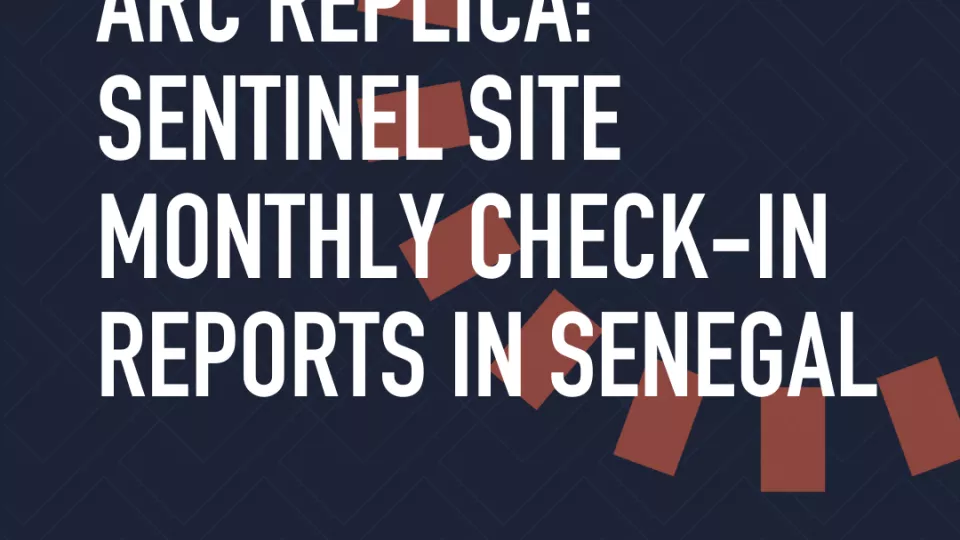
This resource provides six reports from March/April- September 2020 and summarises household's livelihood situation in relation to: agriculture and water availability, household health, and food security, and accessing loans.
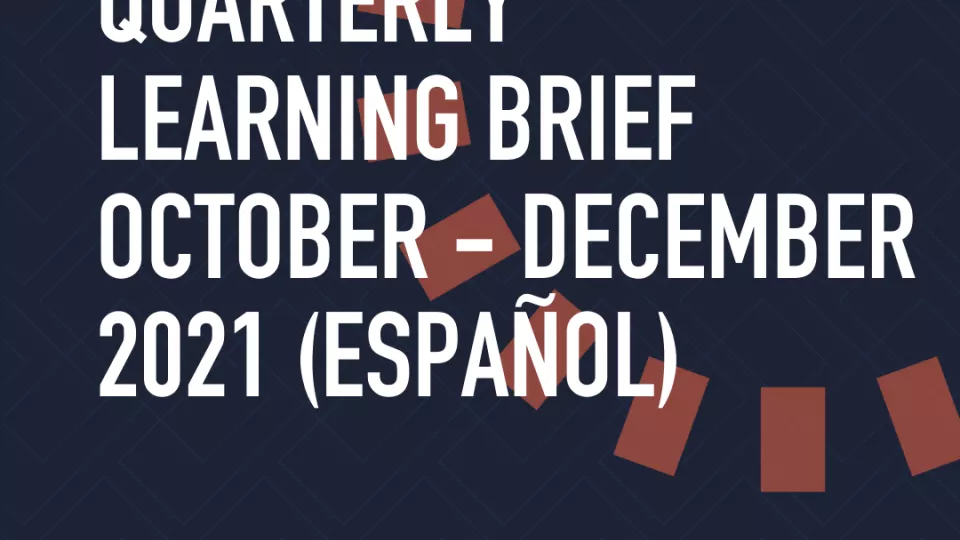
Este informe de aprendizaje trimestral (QLB) resume algunos de los aprendizajes clave de la Red Start del último trimestre (Q4) de 2021. Completa el aprendizaje compartido a lo largo del año y proporcionado en el primer, segundo y tercer trimestre.

Cette note trimestrielle d'apprentissage (QLB) résume certains des principaux apprentissages du Start Network au cours du dernier trimestre (Q4) de 2021. Il complète l'apprentissage partagé tout au long de l'année et fourni aux T1, T2 et T3.
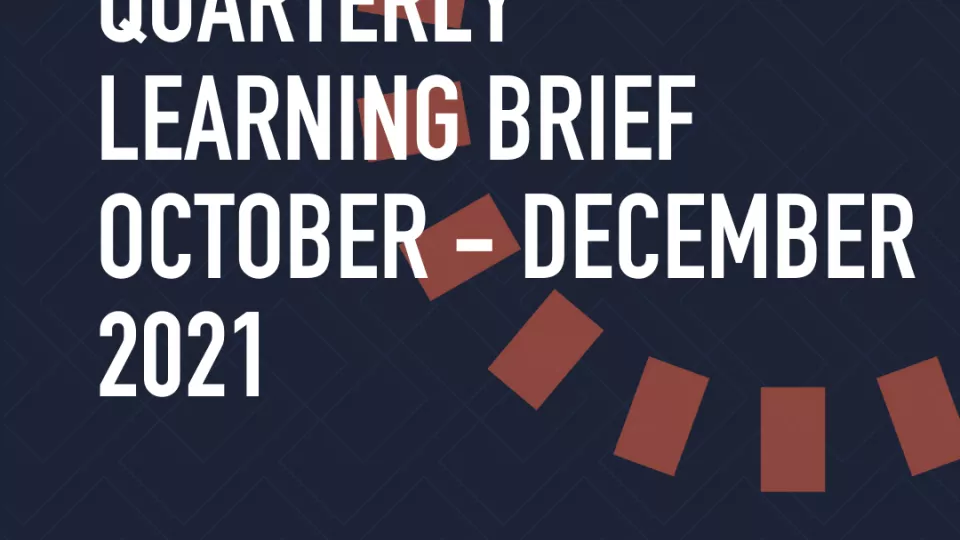
This quarterly learning brief (QLB) summarises some of Start Network’s key learning from the last quarter (Q4) of 2021. It completes the learning shared across the year and provided in Q1, Q2 and Q3.
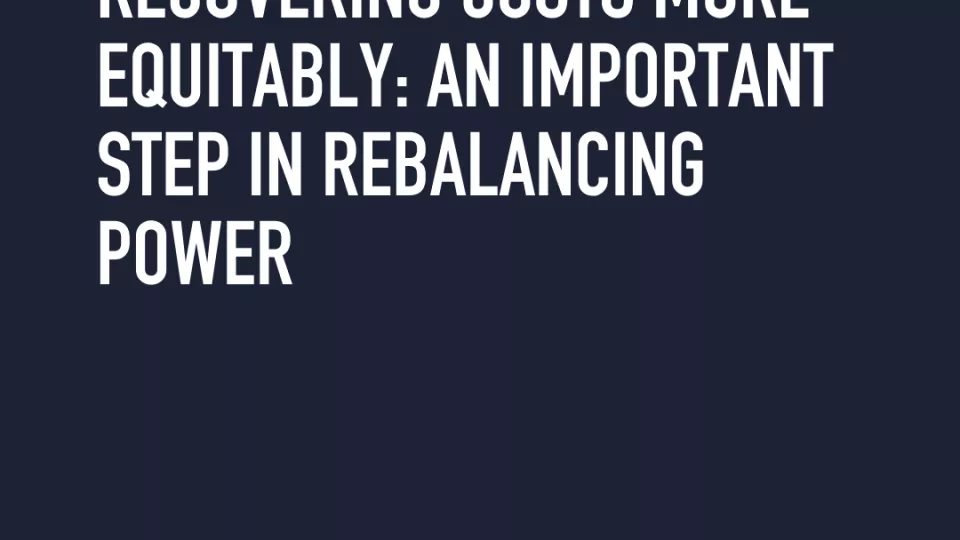
Takeaways from the 2021 Start Network Assembly Learn session: Recovering costs more equitably: an important step in rebalancing power This session aimed to raise awareness on why a more equitable Indirect Cost Recovery (ICR) across the humanitarian sector is a concrete and tangible way to make progress towards locally led action. Panellists from the session include Fhakrul Islam and Sajid Raihan from Start Fund Bangladesh, Yeakub Hossain from SEEP, and Dulon Gomes from World Vision Bangladesh. The session was facilitated by Myriam Castaneda Solares.
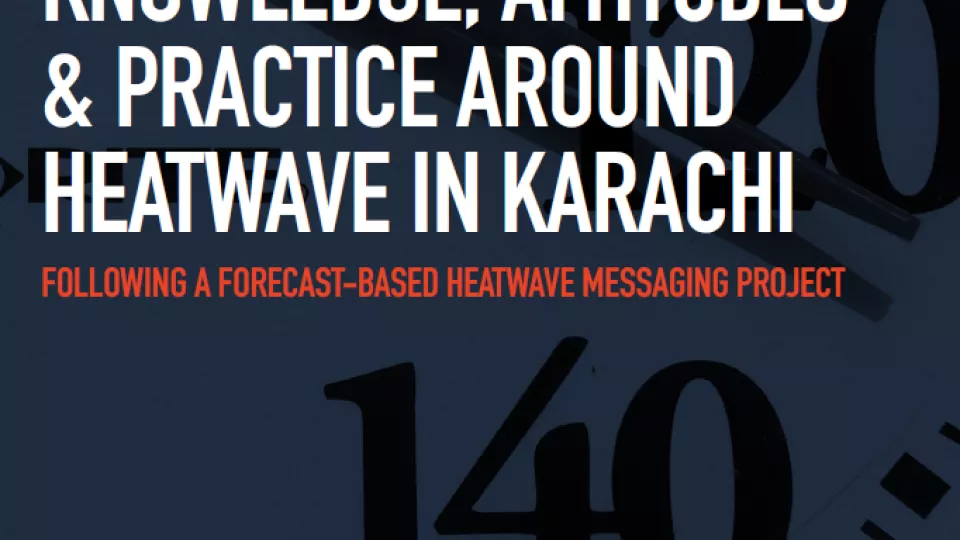
The humanitarian impact of extreme heat is an increasing concern, especially in low-income countries with limited access to quality healthcare and informal dwellings which can trap heat. This report analyses the knowledge, attitude and practice of Karachi residents in relation to managing extreme heat. It was conducted in 2020 following a messaging campaign led by HANDS related to extreme heat. The project was triggered through a disaster risk financing approach, using a heatwave model to trigger funding automatically when extreme heat was forecast.